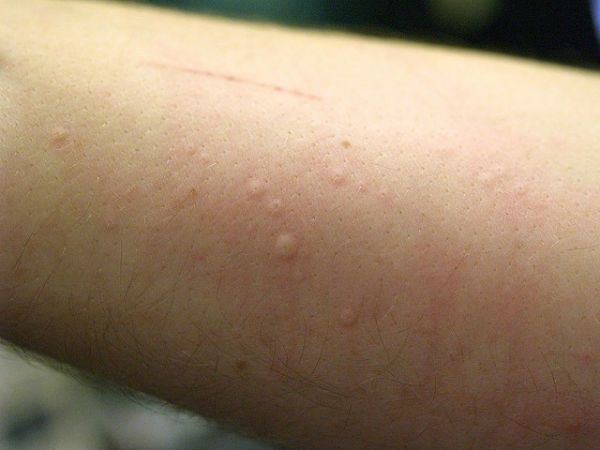Anyone who has hosted a dinner party in recent years knows that food allergies are more common than ever.
It can feel impossible to plan a meal when your guests are allergic to nuts, eggs, gluten, or other common ingredients, but so many people live with these allergies.
That's why a new study with a surprising claim about these conditions is making headlines around the world.

According to new research, 20% of American adults say they have allergies, but just 10% actually do. And an even smaller group, just 5%, have actually had their allergies diagnosed by a doctor.
While the numbers seem to hint that allergies are less common than we think, that still means about 26 million American adults have at least one allergy, and the study actually reveals that allergies among adults are twice as common as some experts believed.
Researchers say the 10% who reported food allergy symptoms but were discovered not to have allergies can actually blame intolerances and other mild food-related conditions. Symptoms associated with these reactions - like cramps, nausea, or a stuffy nose - are not actually associated with food allergies.

Instead, only symptoms like hives, swelling of the mouth and throat, and chest pain are actually signs of an allergic reaction. Of the people in the study with allergies, 38% say they've visited an emergency room because of these serious reactions.
The intriguing research, published in the journal JAMA Network Open, studied 40,000 American adults and their allergies. While many complained about shellfish, milk, peanut, and wheat allergies, experts say a large number of adults are mistaken about their conditions.
Doctors say it's important to have your allergy worries confirmed by a doctor, especially since some allergies can be managed with new treatments.

While the numbers of both children and adults with food allergies seem to be growing, new treatments could offer hope of preventing or even curing them.
The National Institute of Allergy and Infectious Diseases offers guidelines that can help parents gradually introduce peanuts to their children and avoid allergies. And an experimental drug could prove to be a permanent cure for peanut allergies.
The study's authors note that allergies can develop either in childhood or adulthood, so don't rule out a possible allergy if you have a reaction to a food you're used to eating - just make sure you actually visit a doctor to confirm your fears.
[H/T: USA Today]

